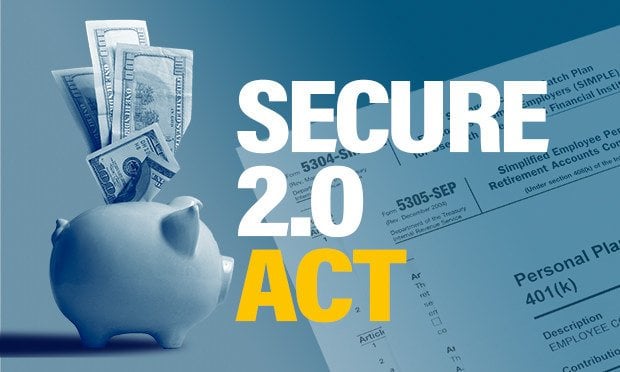About The Author
CONNECT WITH THIS AUTHOR
December 15, 2023
December 15, 2023
December 14, 2023
December 12, 2023
December 11, 2023
December 08, 2023
December 07, 2023
December 04, 2023
November 27, 2023
November 27, 2023
Trending Stories
- 1House lawmakers save retirement benefits cuts in new tax bill: What’s in, what’s out
- 2HSA and ICHRA provisions survive ‘Big, Beautiful’ House tax bill fight
- 3$1,000 401(k) 'Trump accounts' for babies in just-passed House tax bill
- 4Cigna employees file a 401(k) lawsuit, alleging misuse of forfeited funds
- 5UnitedHealth now facing a 401(k) class action suit, as employees sue for misuse of forfeited funds











